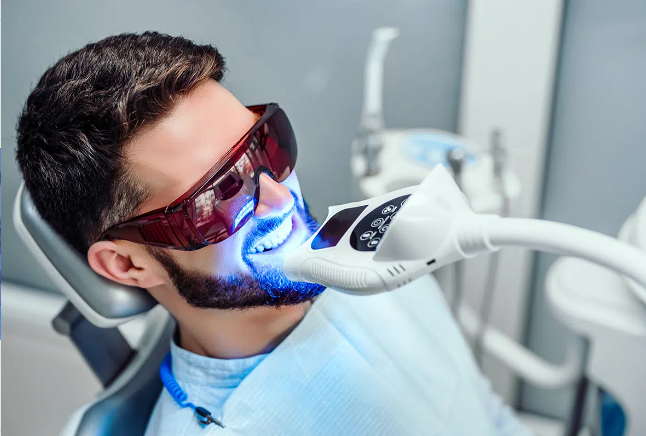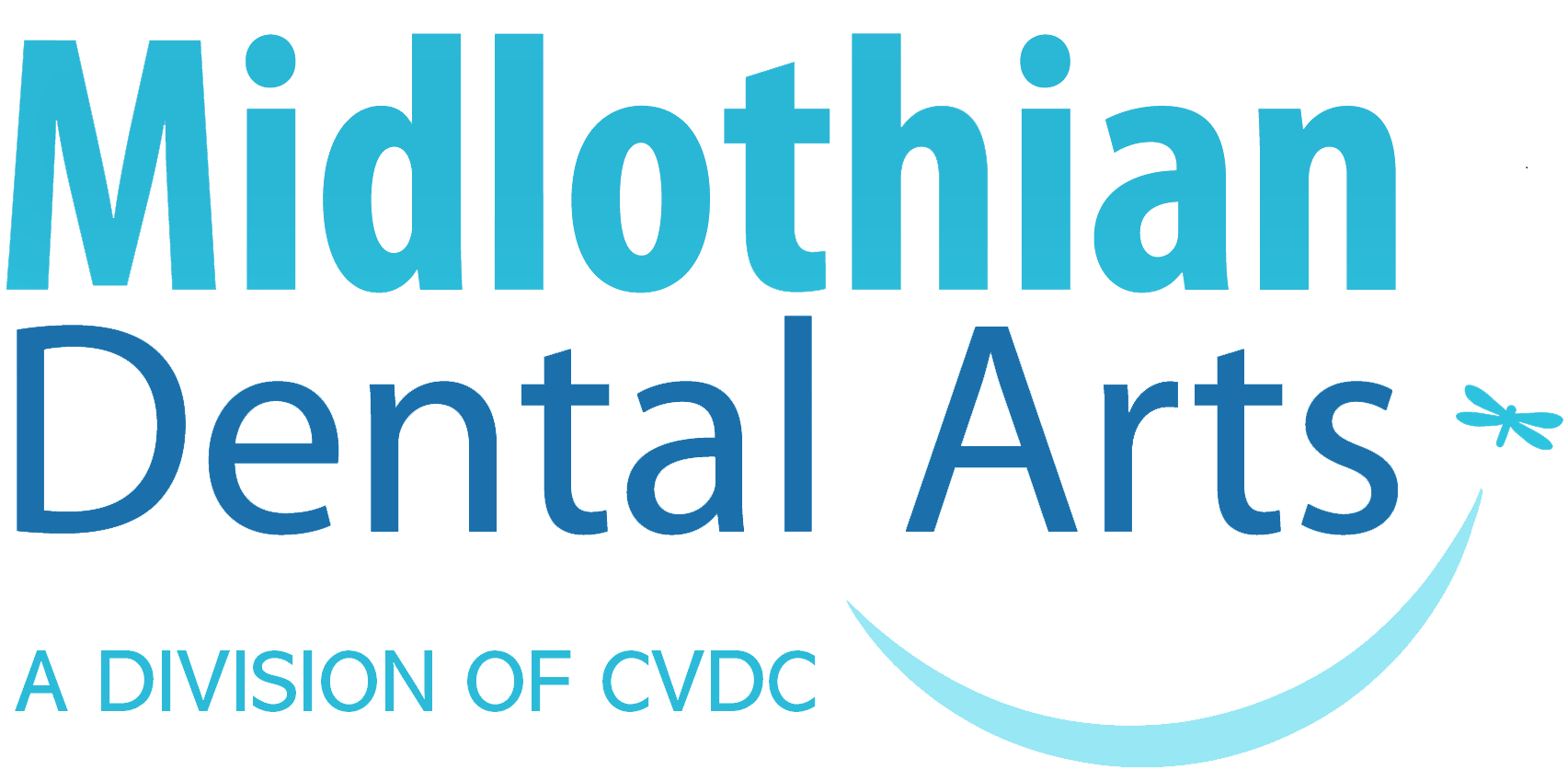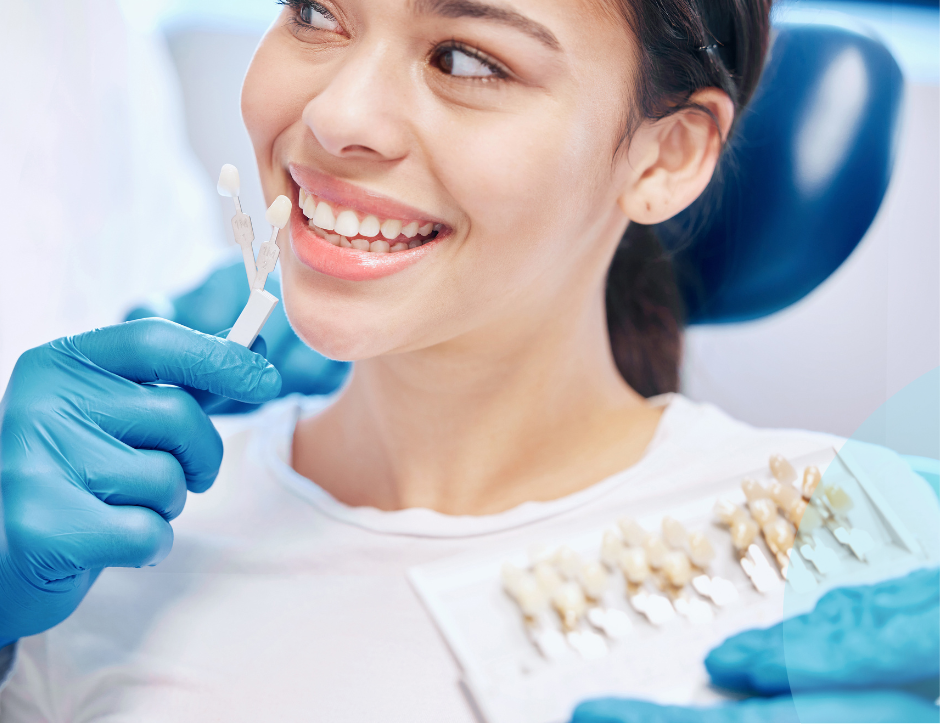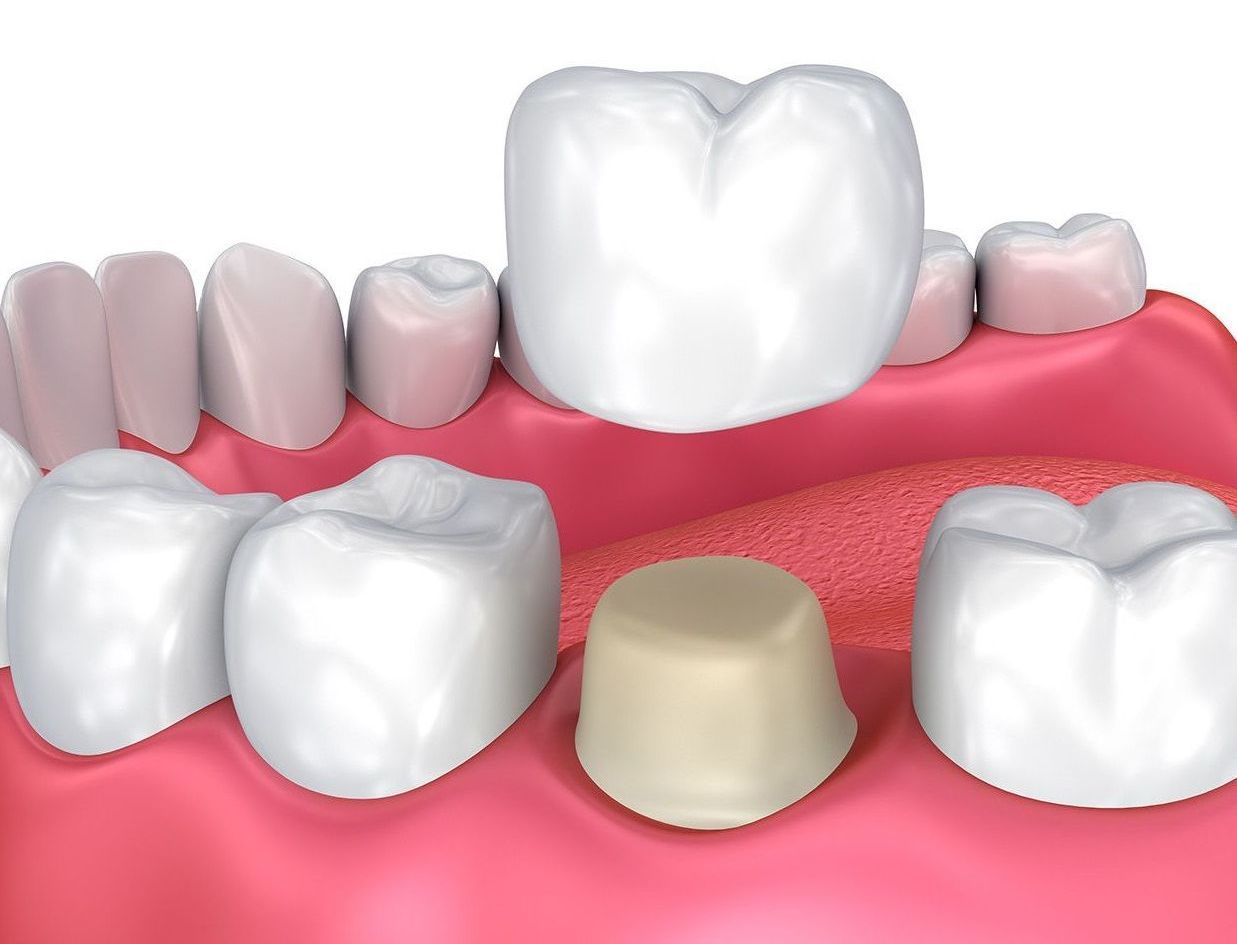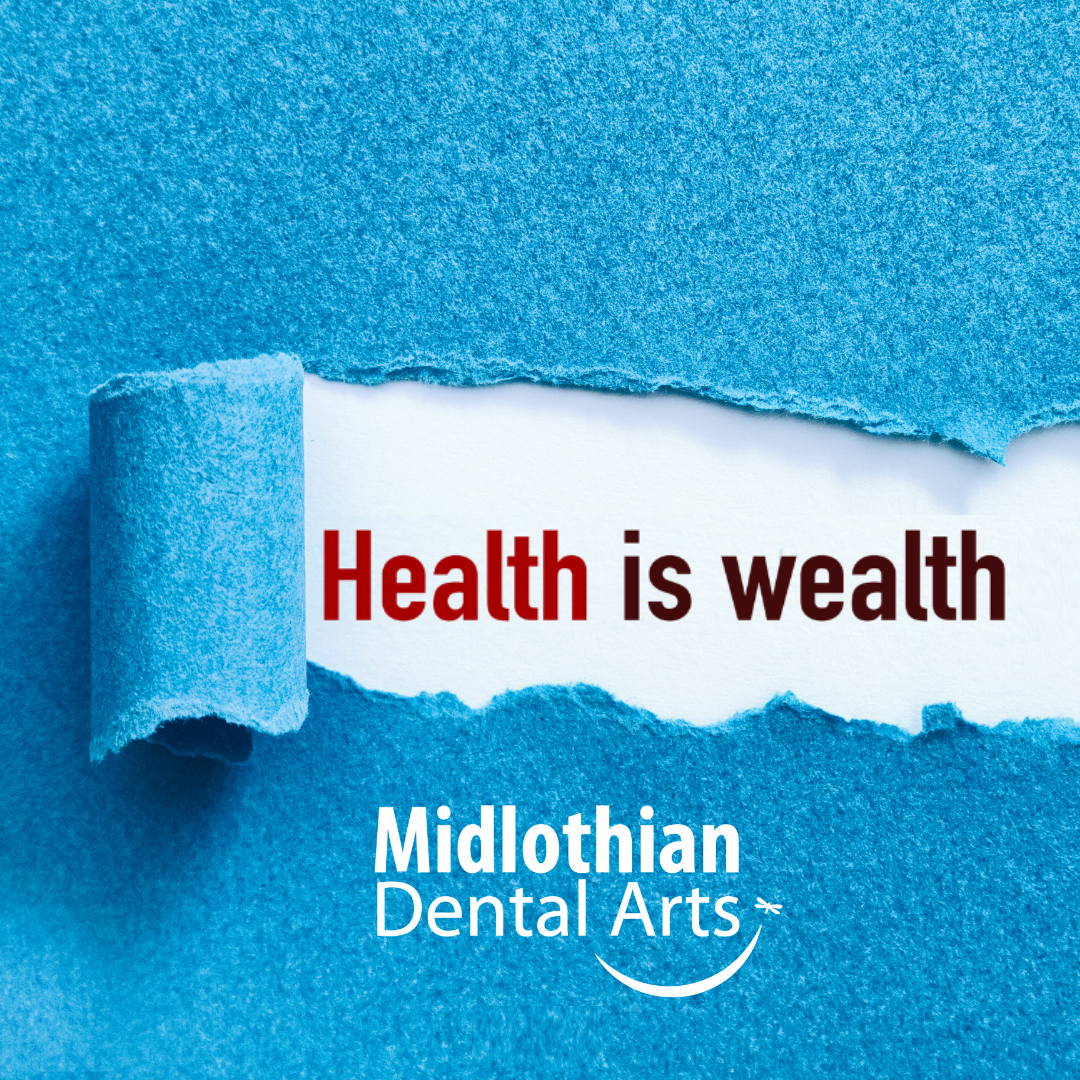Teeth Whitening Questions Answered
We know that teeth whitening is a popular choice in the field of cosmetic dentistry. However, there is a lot of misinformation out there surrounding this topic. We want to make sure that we answer all your questions about teeth whitening, truthfully!
- Can teeth whitening products harm your enamel?
Teeth whitening gels like carbamide peroxide and hydrogen peroxide will not damage the enamel as they work intrinsically on removing stains from the inner dentin layer. Products that have abrasive components can damage the enamel if used in excess by causing pitting of the enamel - Should I use a product to protect my teeth and gums from sensitivity during the whitening process?
If you have sensitive teeth or develop sensitivity you may use prescription strength fluoride either before you start or during the process. - Is whitening safe for all ages?
NO! children should not use whitening gels as the pulps in children’s’ teeth are very large and can cause damage. Almost all adults can use whitening products safely.
Surprisingly, the elderly population who may have difficulty cleaning their teeth properly can benefit from whitening gels that contain 10-15% carbamide peroxide in custom trays as it removes plaque from teeth and helps prevent decay and gum disease from harmful bacteria. - Is it better to go with professional whitening or over-the-counter strips?
Definitely professional whitening as the trays are custom made to fit a patient’s teeth like a glove and thus protects the bleaching gel to get on the gum tissue and cause burning. Additionally, whitening strips do not cover the entire tooth evenly and will not bleach the tooth evenly. They also can allow gel to get on the gum tissue and cause burning. - Do whitening toothpastes really work?
Whitening tooth pastes do not have enough of the active ingredients nor do they stay in contact with the tooth surface for 20 minutes which is the minimum time required to for the whitening process to occur. - Is the strongest whitening gel always the best?
No! It is better to use the lower concentrations for longer periods of time. Stronger concentrations tend to dehydrate the tooth causing sensitivity that leads to patients stopping the bleaching process. The sensitivity reverses within a few days. - Once teeth are whitened, is it permanent?
No. The aging process causes the tooth to darken due to increased staining of the dentin layer and the thinning of the enamel layer so a person must continue to bleach to maintain a white smile. - Can UV light speed up the whitening process?
It appears as though it does initially get a person off to a good start but the take home whitening trays are the essential part of having a white smile. - Can crowns, veneers, and composite resin be whitened with the rest of your natural teeth?
No. - Can you whiten your teeth using acidic fruits, such as lemons or strawberries?
No. - Can you whiten your teeth with baking soda or activated charcoal?
Yes.
If teeth whitening is something that you are interested in, contact your team at Midlothian Dental Arts today!



